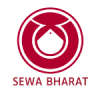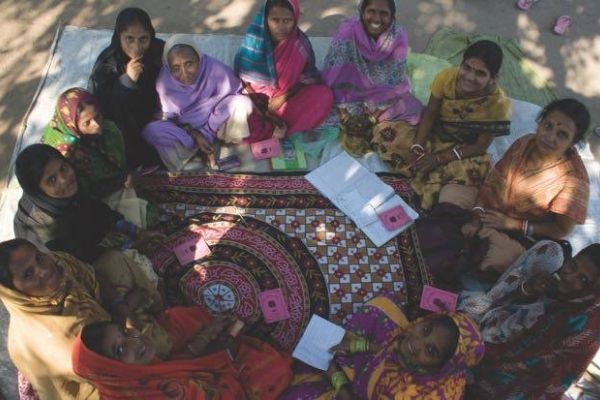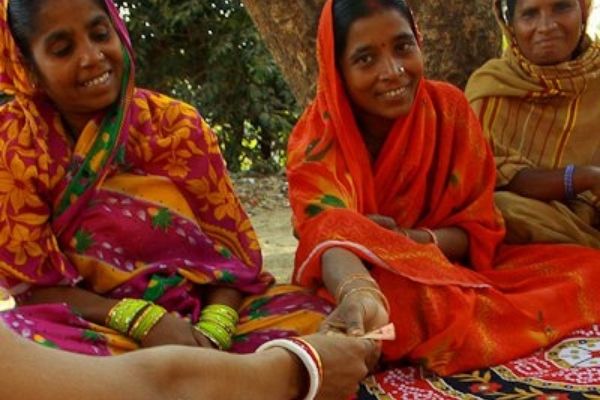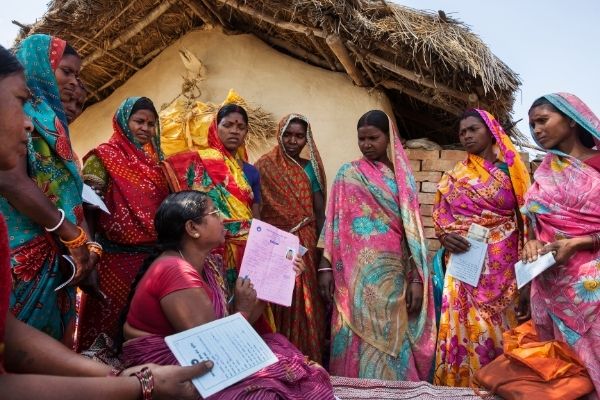Informal Women Workers’ Financial Needs
Despite being significant contributors to India’s economic growth, women in the informal sector remain outside of traditional forms of financial institutions and services. They mostly rely on informal forms of finance, such as loan sharks, family members, and neighbours. Loan sharks and informal financial services often put families at risk of exorbitantly high interest rates and loss of essential assets, such as land, housing, and savings. Women who are unable to pay back their loans spiral into a cycle of debt, further perpetuating poverty traps and contributing to the economic and social stagnation of families and communities. In the majority of the cases, credit remains difficult to avail or the transaction costs for borrowing and using saving facilities remain high. In such situations, access to services, such as savings accounts and loans, are critical to protecting, managing, and growing assets. It, thus, becomes imperative to empower these women as independent financial actors by giving them resources to save, invest, and protect their earnings.
Roadmap to attaining financial independence
SEWA’s Financial Inclusion programs work towards enabling marginalised women who have been left behind to become financially independent and empowered. These programs address the different needs of these women throughout their lifecycle, for instance, for starting or expanding their business, educating their children, repairing their house, repaying old debt, for healthcare, unexpected calamities and old age. SEWA overcomes access and information barriers that women face with respect to finance through two approaches:
- by organising financial literacy training for women
- by creating institutions and services in the form of credit cooperatives that improves women’s access to finance.



